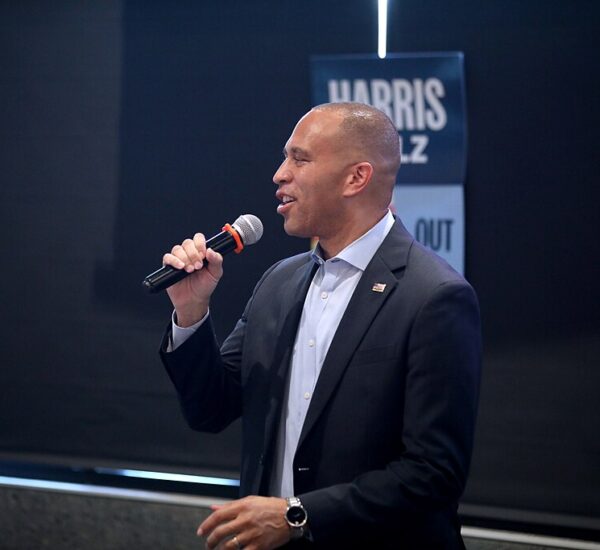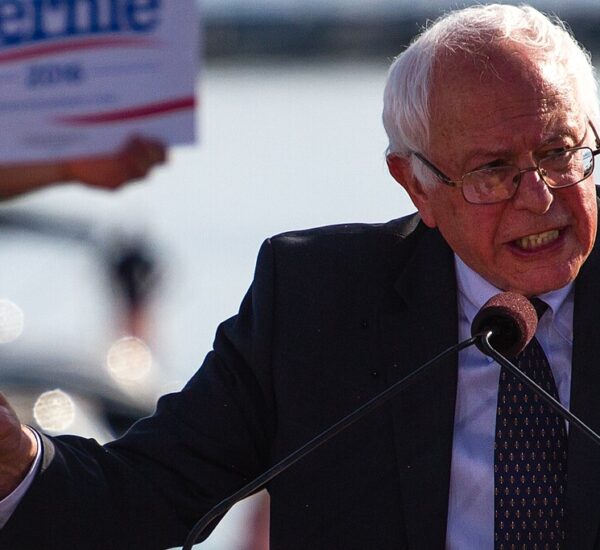Sports Commentator Announces Presidential Run?
Stephen A. Smith, the outspoken ESPN commentator, is stepping into the political arena, taking on the Democratic Party’s direction after its disappointing defeat in the 2024 election. Known for his bold opinions on sports, Smith has also been a vocal critic of the Democratic establishment, urging the party to refocus on issues that matter most to American voters, including inflation and immigration. His critiques and political commentary have sparked discussions about his potential role in future political leadership, with some even speculating about a possible presidential run in 2028.
Though he’s dismissed the idea of running for office, Smith’s increasing influence has drawn attention from across the political spectrum. A registered independent, Smith blends liberal and conservative viewpoints but leans left overall. He supported Vice President Kamala Harris in the 2024 election but has since expressed regret after her loss. In a revealing moment, Smith called Donald Trump’s victory a “referendum on the Democratic Party,” pointing to the need for a shift in priorities. He argues that the party must stop focusing solely on communication tactics and instead address the real concerns of Americans—issues like economic security and border control.
Smith’s foray into politics is noteworthy, as he is an outsider without the typical political background. His direct, no-nonsense approach to discussing issues like government spending and immigration has made him a voice for those dissatisfied with the political elite. He has also had high-profile discussions with political figures such as Pennsylvania Governor Josh Shapiro and House Minority Leader Hakeem Jeffries, further establishing himself as an influential figure in political discourse.
While some Democratic strategists welcome Smith’s input, others remain skeptical of his unorthodox approach. They argue that focusing on economic issues and immigration is more complex than he suggests, pointing out that many of the party’s consultants have already recommended similar strategies. However, Smith’s criticism of the party’s current trajectory is a sign of the frustration that many Americans, particularly those in swing states, feel toward the Democrats.
In the wake of Trump’s victories, Smith’s blunt and unfiltered commentary serves as a reminder that the Democratic Party needs to seriously reconsider its approach if it hopes to win back the trust of middle America. Whether or not he decides to run for office in the future, Smith’s influence is growing, and his calls for the party to address the real concerns of everyday Americans are resonating with many who feel the party has lost its way. For Republicans, this could be an opportunity to contrast their own vision with that of the fractured Democratic Party, one that seems increasingly unsure of its next steps. As the party searches for a new identity, figures like Smith—whether in the form of candidacy or critique—will play an important role in shaping the future of American politics.






